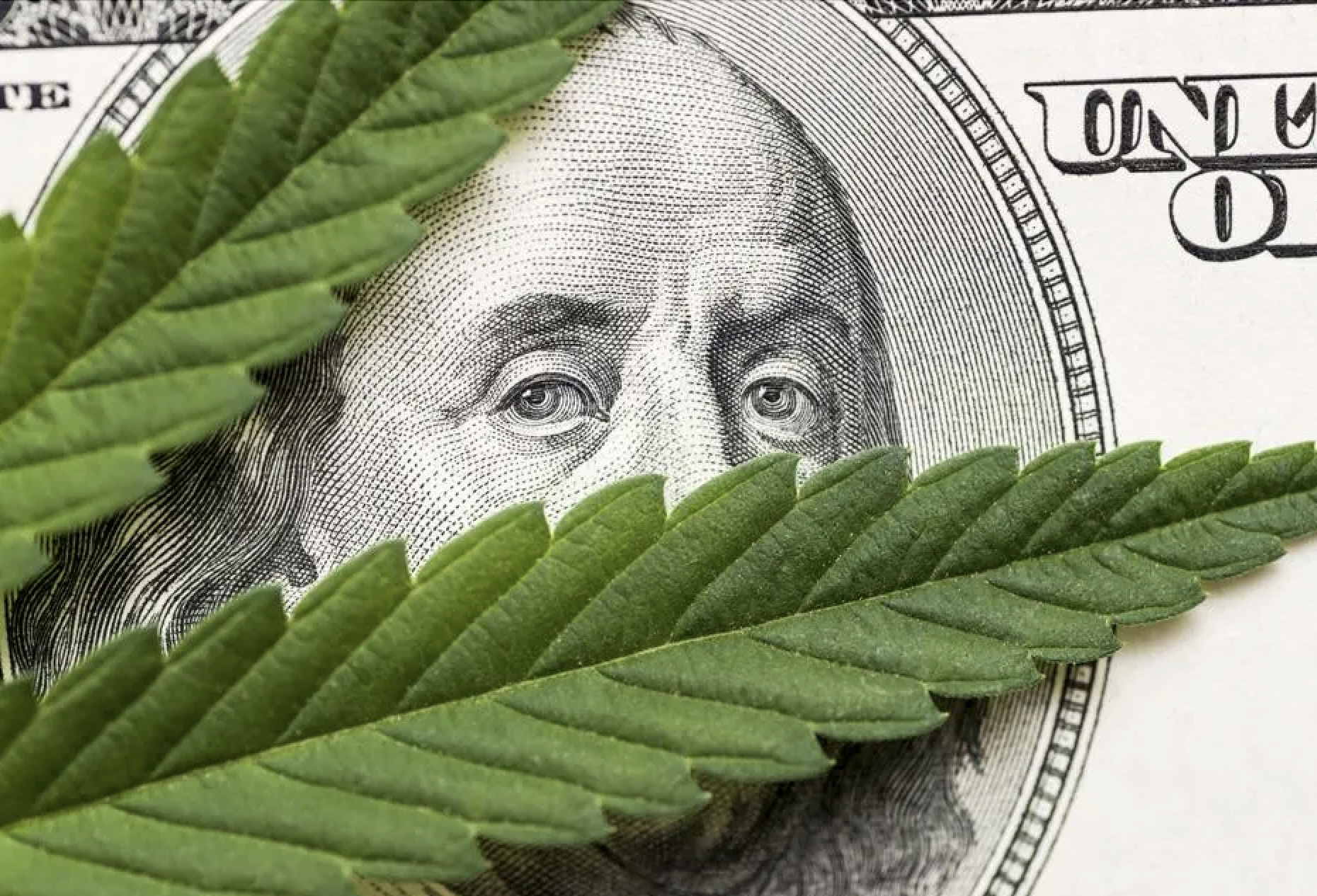New US Senate Hearings: Why is The SAFE Banking Act Important?
LOS ANGELES–The Safe Banking Act, a bill that would provide a safe haven for banks and financial institutions that work with legal cannabis businesses, is under discussion in Congress. If passed, the Act would allow these businesses to access traditional banking services without fear of federal prosecution. Currently, banks are hesitant to work with the cannabis industry because of federal laws on cannabis, resulting in a cash-only industry that makes operations more difficult. Supporters of the Safe Banking Act argue that it would make the industry more transparent and safer, reducing the risk of theft and other criminal activities associated with cash transactions.
Opponents of the Act, however, argue that it would legitimize an illegal industry, as cannabis remains illegal under federal law. The Safe Banking Act could also make it easier for drug cartels and other criminal organizations to launder money through the banking system. Despite these concerns, the Act has support from both Democrats and Republicans, having passed twice in the House of Representatives. The recent Senate hearings will hopefully push the bill closer to becoming law.
During the hearings, both proponents and opponents of the Safe Banking Act testified on its potential benefits and drawbacks. Witnesses from the cannabis industry and financial institutions argued that the Act is necessary to bring the industry out of the shadows, while others argued that it could lead to unintended consequences, such as an increase in drug use. If passed, the Safe Banking Act would be one of many bills currently being debated in Congress that could impact the cannabis industry.
The Senate banking committee held its first-ever hearing on the bill, Examining Cannabis Banking Challenges of Small Businesses and Workers, hearing testimony from lawmakers and witnesses, including the Cannabis Regulators of Color Coalition, Drug Policy Alliance, and the United Food and Commercial Workers International Union. The hearing will determine next steps in getting the bill to the Senate floor for a vote. Senate Majority Leader Chuck Schumer and other key lawmakers express support for the bill, which comes as the marijuana industry is facing a downturn, even as more states approve legal markets.
According to Senator Sherrod Brown, D-Ohio, and chair of the committee, legal cannabis businesses are forced to operate in the shadows without full access to the banking and payments system. As a result, many business owners rely on funds from friends and family rather than small business or bank loans. Senator Tim Scott, R-S.C., agreed that Congress has a responsibility to ensure all legal industries have access to financial institutions and services. However, he added that lawmakers must eliminate the possibility of loopholes in money laundering laws before the act becomes law.
Senate action on the Safe Banking Act is welcome news to many executives across the industry, including Craig Sweat, owner of Uncle Budd NYC. He said, “I’ve been held up for so long that I have product that is sitting and getting old.” Sweat’s mobile dispensary company and then a delivery service has entered into a manufacturing and licensing partnership with Omnium Canna to produce products. But due to banks’ fear of federal prosecution, Sweat cannot pay staff or transfer funds, adding that his latest business venture hasn’t launched as banks have been giving him the ‘runaround.’
The Secure and Fair Enforcement Banking Act, also known as SAFE, was excluded from a $1.7 trillion government funding bill last year, failing to pass in the Senate for the seventh time after passing in the House of Representatives. However, last month, the bill was reintroduced with modifications and has strong bipartisan support. The bill’s reintroduction shows the cannabis industry’s growing impact on the economy and how it needs legislative support to survive. Ultimately, it will be up to lawmakers to decide whether the benefits of the Safe Banking Act outweigh the drawbacks and whether the Act should become law.



































